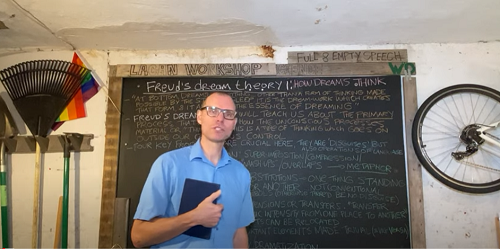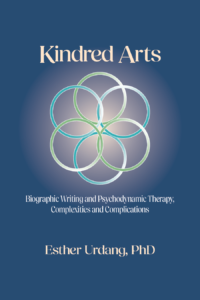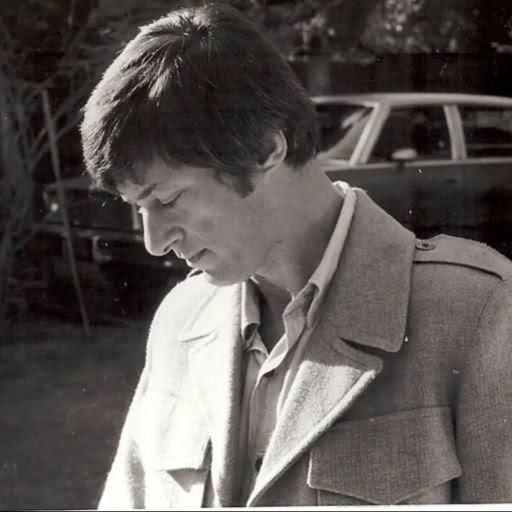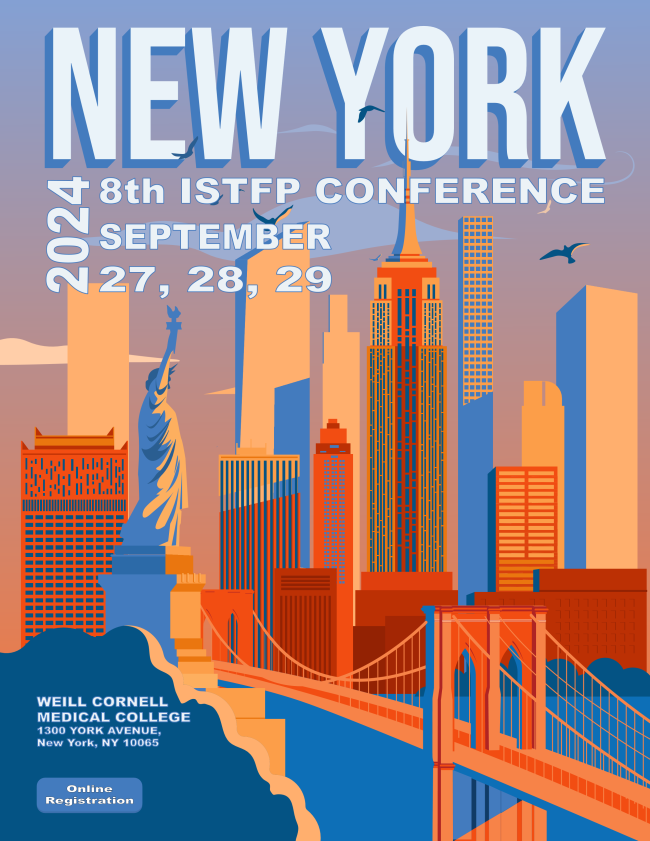Click Here To View: Derek Hook Video on How Dreams Think, Part 1 of 6 Lectures in his Freud’s Dream Theory Series.


You have never read a book like this before.
While you’ve certainly read clinical books and biographies—and maybe even books about biographies—I feel certain that you’ve not read a book that brings to your attention the considerable overlap between these two endeavors.
. . . Urdang, a clinical social worker who has practiced in agencies, in hospitals, and privately, demonstrates her scholarship in both the literary and clinical worlds. As she admits . . ., “I am a clinical social worker and social work educator. I am also hopelessly addicted to biographical writings”
. . . . In bridging these two fields, [she] reminds us of the importance of biographical study . . . as a counterweight to current trends . . . that favor evidence-based, quantitative measures, at the expense of exploring the past, developing empathy, and understanding experiential worlds . . . Continue reading New from IPBooks: Kindred Arts: Biographic Writing & Psychodynamic Therapy, Complexities & Complications by Esther Urdang

JOSHUA A. HOFFS, M.D. (1933-2024)
By David James Fisher, Ph.D.
Joshua Hoffs, M.D. passed away peacefully at home on Sunday August 4th surrounded by loving family, friends, and colleagues. His death is a significant loss to the psychoanalytic community. As a clincian, he was supportive, kind, insightful, and consistently non-judgmental. Being able to bracket out judgment, Josh functioned as an open-minded and caring analyst, who was available to guide his patients toward fulfillment in their relationships, work, and attitudes about themselves. He did not hesitate to educate and inform as well as deal with unconscious dynamics. Many younger members of the New Center for Psychoanalysis sought out his counsel and his encouragement. His clinical approach emphasized reality-testing and being realistic; he could also be pragmatic when it was appropriate. An anti-authoritarian, he opposed the bureaucratization of Continue reading JOSHUA A. HOFFS, M.D. (1933-2024)

8th Biennial ISTFP Conference
September 27, 28, 29, 2024
The Uris Auditorium
1300 York Avenue
NY, NY 10068
SEATING IS LIMITED IN THE AUDITORIUM
AN OVERFLOW ROOM WILL BE PROVIDED SO ALL CAN ATTEND
Pre-Conference Workshops
Friday, September 27th
~~~~
September 28, 29
Presentations by:
Otto Kernberg, Eve Caligor, John Clarkin, Diana Diamond,
Stephan Doering, Barry Stern, Frank Yeomans
and others
Special Plenary by
David Tuckett
Author of
Knowing what Psychoanalysts Do and Doing What Psychoanalysts Know
Click on the link below for the full conference program and to register
CLICK HERE